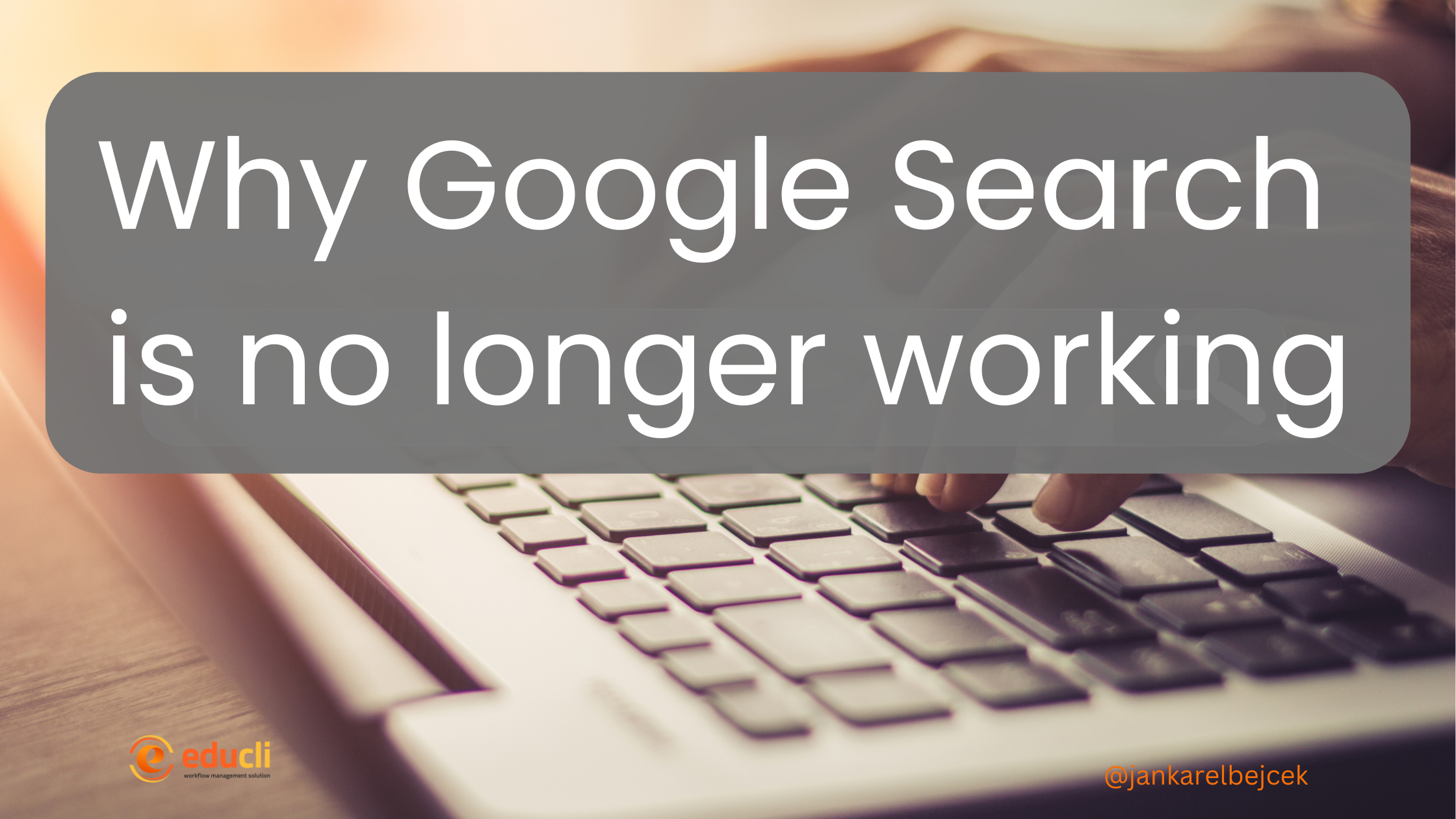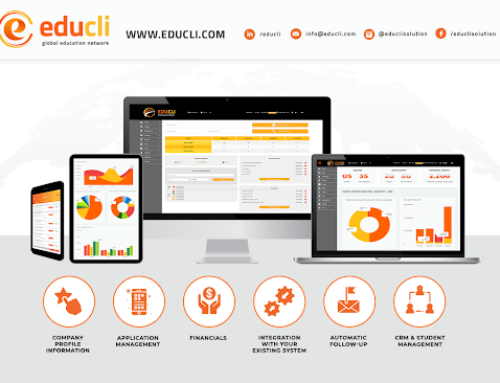Why Google Search is No Longer Working
In the digital era, the way we search for information has undergone a massive transformation. For many years, Google was the undisputed leader, serving as the go-to search engine for finding answers to our questions. However, in recent times, things have started to change rapidly. Social platforms like Instagram, YouTube, and TikTok have emerged as powerful sources of information. Moreover, the latest upgrade of ChatGPT, now equipped with web search capabilities, has added yet another layer to how we access and digest information online.
The Dominance of Google Search – A Shift in the Winds
For as long as most of us can remember, Google has been the dominant force in online search. Its powerful algorithms, vast index of web pages, and user-friendly interface made it the first choice for anyone seeking answers on the internet. Google’s simplicity and accuracy turned it into a daily tool for both casual users and professionals alike. Yet, despite its longstanding success, recent trends show that traditional search engines are now facing competition from a range of unexpected sources.
The Rise of Social Channels as Information Hubs
Social media platforms like Instagram, YouTube, and TikTok are no longer just entertainment outlets; they have evolved into rich ecosystems of information. Here’s why these platforms are quickly becoming some of the most important sources for information:
- Visual and Interactive Content: Social platforms offer a more engaging way to consume information. Instagram’s image-based posts, YouTube’s video tutorials and product reviews, and TikTok’s quick, bite-sized videos are often more digestible and appealing than traditional search results.
- Niche Communities: These platforms allow users to join niche communities, following experts and enthusiasts in various fields. This enables a more personal and informed perspective on topics that matter to users.
- Real-time Updates: Social media thrives on delivering timely content. Whether it’s breaking news, trending topics, or personal experiences, these platforms provide fresh updates that can be crucial for staying informed.
- User-Generated Content: Encouraging user contributions fosters a sense of authenticity that can be invaluable when searching for real-world opinions, product reviews, or expert advice.
The ChatGPT Websearch Revolution
Alongside the rise of social platforms, the latest development in AI-powered tools has significantly impacted how we find information. ChatGPT, with its recent upgrade to web search, is now capable of pulling in real-time information from the internet, bridging the gap between traditional search engines and conversational AI.
This shift is groundbreaking because it allows users to engage in a back-and-forth conversation with the AI, refining queries based on real-time information pulled from the web. Gone are the days of keyword-based, static search results. With ChatGPT’s web search, users can have interactive, dynamic exchanges that lead to a more personalized and efficient search experience. For instance, instead of clicking through a multitude of links to find relevant articles or data, a user can simply ask ChatGPT for a summary or specific details from live web pages.
This means that people no longer need to rely solely on Google’s algorithm-driven results. ChatGPT, now equipped with websearch, provides a nuanced, AI-powered alternative that fetches the most relevant and current information, offering real-time insights with a conversational twist.
A New Search Paradigm: From Keywords to Conversations
The information search landscape is evolving. We’re shifting away from the traditional keyword-based search model that Google perfected to a more dynamic, interactive process. While Google search remains a useful tool, it no longer holds a monopoly on how we gather information. Social platforms, user-generated content, and AI chatbots like ChatGPT are becoming complementary sources of information that cater to the different preferences and needs of users.
Conclusion: The Changing Nature of Information Search
The way we search for information has undoubtedly transformed. Google, while still an essential tool, is no longer the first or only stop for users. Social media platforms such as Instagram, YouTube, and TikTok are thriving as essential resources for both knowledge and entertainment. With the integration of AI-powered tools like ChatGPT that now feature web search, users have even more ways to find the information they need, when they need it.
This change underscores an important reality in the digital age: adaptability is key. Whether you’re a user seeking answers or a content creator trying to stay visible, the shifting landscape of information search means it’s time to embrace new methods and platforms. The future of information retrieval is already here – and it’s more interactive, engaging, and AI-driven than ever before.
#GoogleSearch #DigitalTransformation #ChatGPT #SocialMediaSearch #TechTrends #WebSearch #OnlineLearning #educli





Leave A Comment